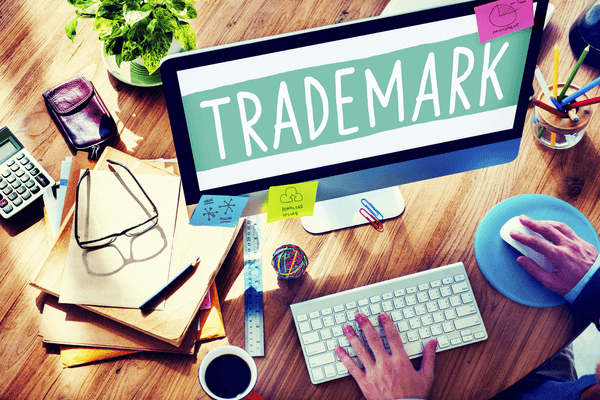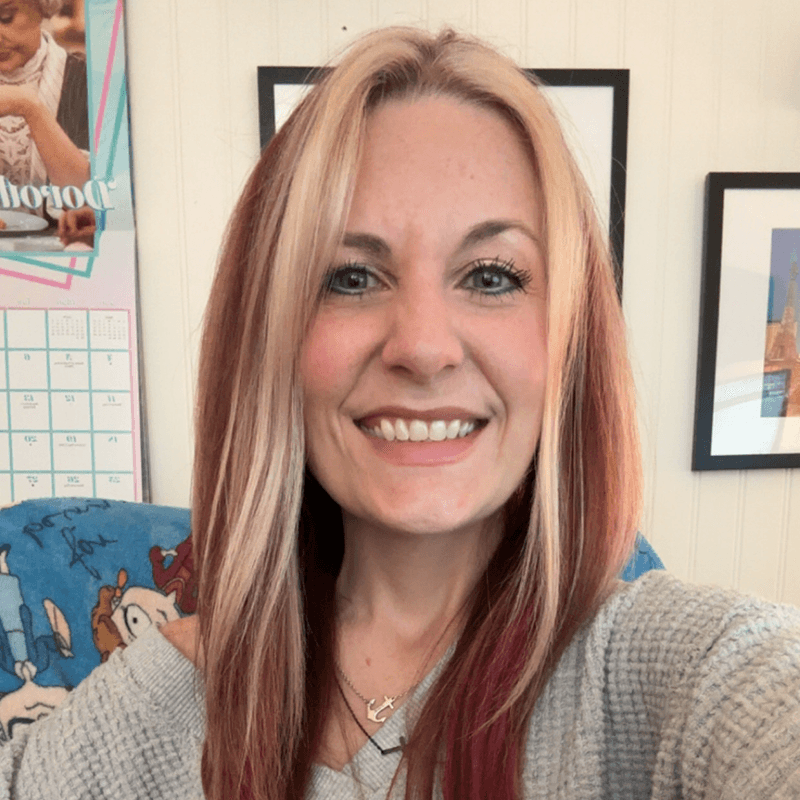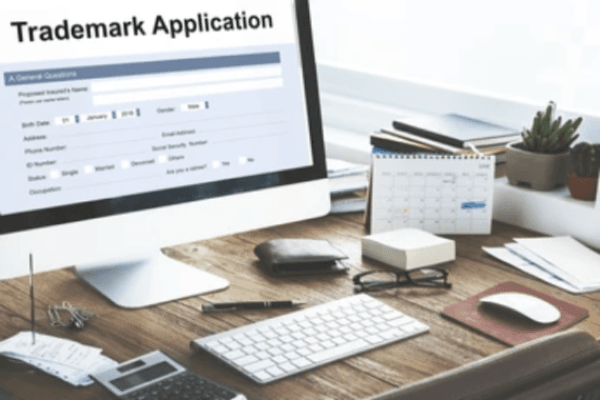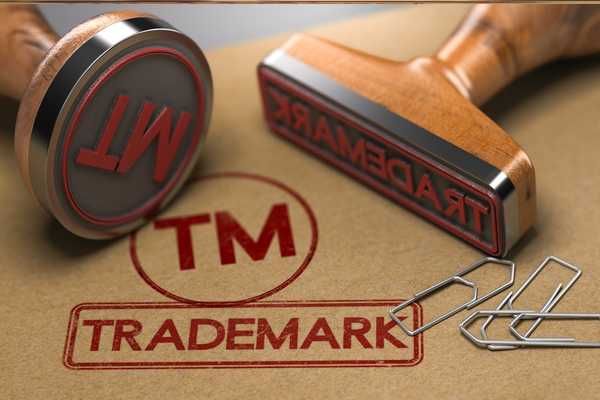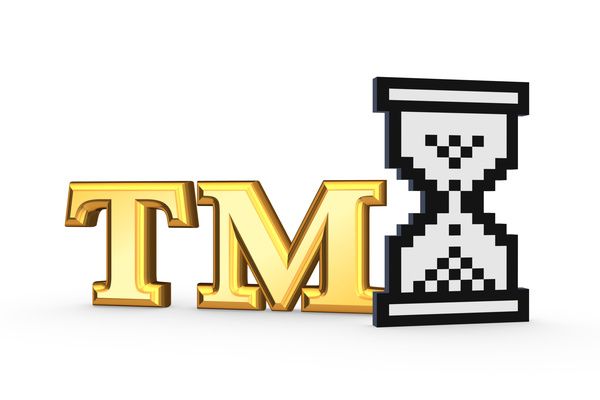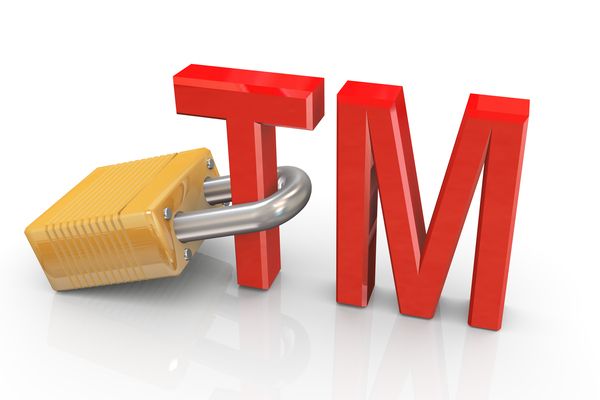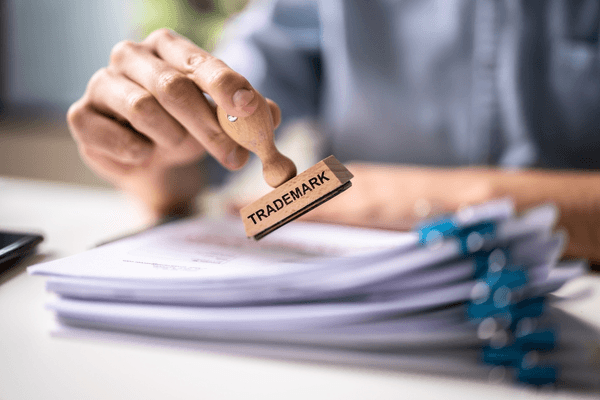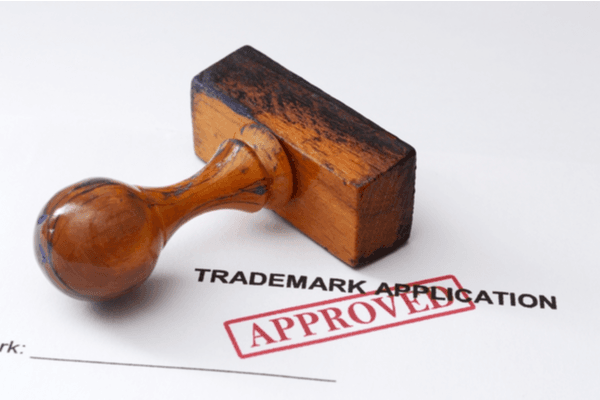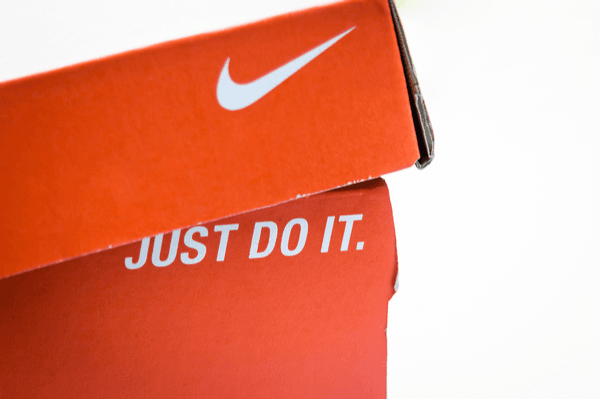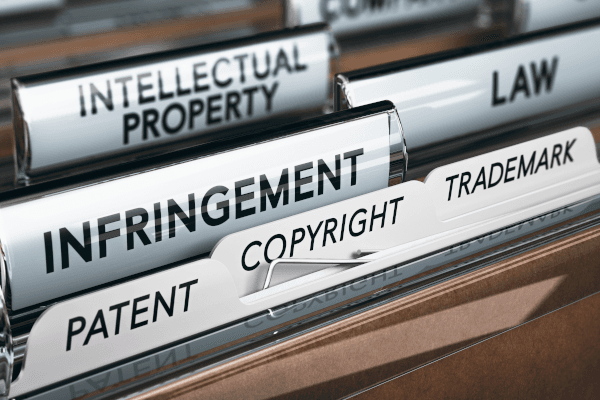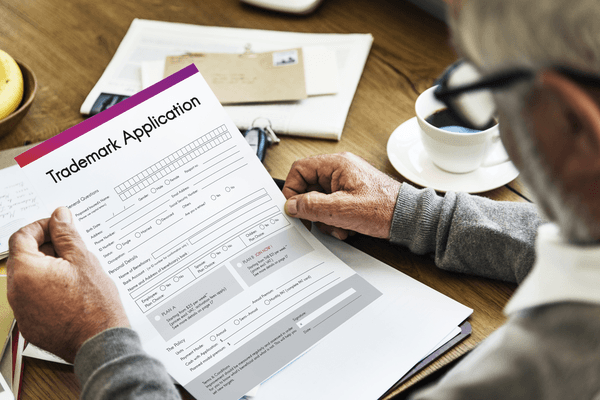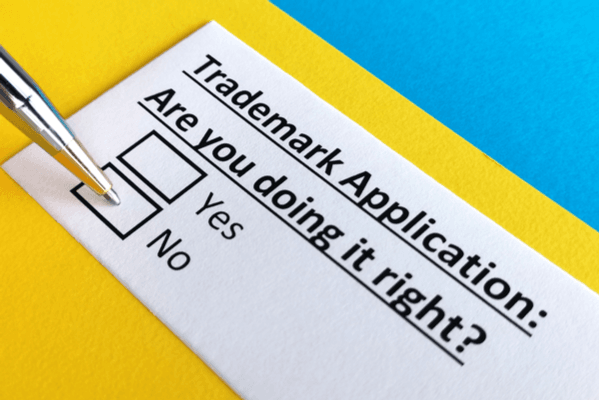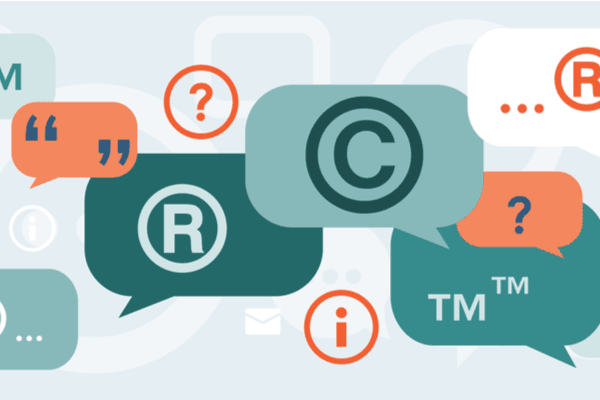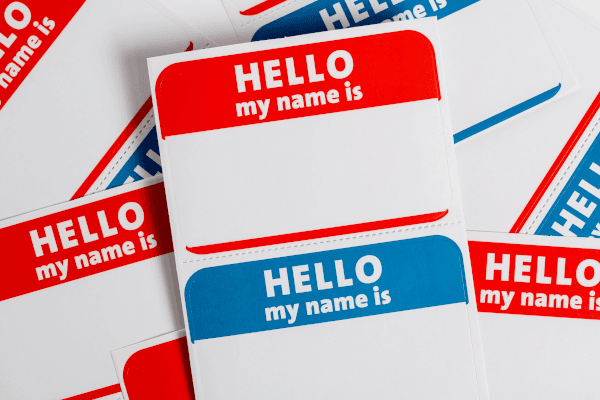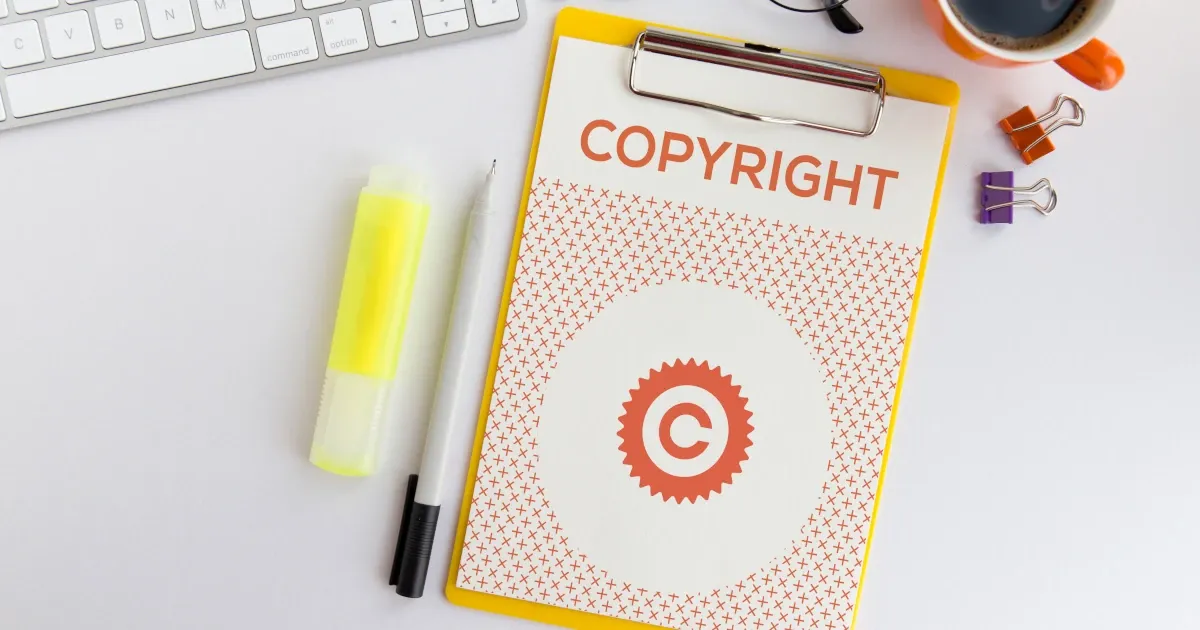
Selecting a strong trademark can be one of the most crucial decisions you’ll make in your business formation process. It's an essential marketing tool and business asset that can differentiate one's brand name, products, and services from competitors in the market.
With this in mind, it’s worth learning more about what to consider when choosing a solid trademark name.
What Is a Trademark?
People often use the words trademark, copyright, and patent interchangeably and incorrectly. Knowing the difference between these types of intellectual property is essential before determining which suits your situation. All three are different forms of intangible property that can be purchased, sold, licensed, or otherwise exploited for commercial gain. They all protect entirely different interests.
Trademarks are words or graphical representation used by an individual or organization indicating a connection between the business and particular goods and services. A trademark’s primary function is distinguishing your goods and services from competitors. It marks a business’s presence among customers and connects them through a distinct identity.
Types of Trademarks
A trademark’s strength depends on the mark elected and how you use it. Every trademark falls somewhere between weak and strong, and you want to ensure yours is on the solid side.
Generic
How do you define a generic mark? These are the weakest marks and solely use the generic name of the product or service alone.
For example, let’s say you run a bakery and attempt to trademark the word “cake.” Cake is a generic word that is often used by other bakeries to identify similar goods and services they offer. Because of this, the United States Patent and Trademark Office (USPTO) will not allow you to register and reserve “cake” as a trademark.
Descriptive
Descriptive trademarks are a step ahead of generic marks because they focus on the quality and characteristics of the goods and services. For example, the term “delicious and sweet” could be a descriptive mark for a business selling cakes.
Similarly to generic marks, descriptive trademarks are a weaker type of trademark. Registration with the USPTO is unlikely without significant restrictions on the protection.
You can improve a descriptive mark through substantial advertising, which shows that the mark is closely associated with your business. This strategy can also help provide your business with better protection and a higher chance of approval, but will likely require a significant length of time that the mark is in use.
Suggestive
Suggestive marks are more creative and unique because they take some thought to connect the mark to a business’s product or service. As a result, they’re more likely to be approved by the USPTO.
Amazon is a famous example of this type of trademark. The company used the name of the world’s largest rainforest to suggest that its online marketplace was “exotic” with a large variety of contents. The comparison worked, and the brand name is now always at the tip of one’s tongue.
Arbitrary
An arbitrary mark is an existing word or phrase that isn't associated with a business’s products or services. It's one of the strongest trademarks because it gives a new and unique meaning to an existing term based on the business.
Apple is a simple example. This arbitrary trademark is used for electronic equipment even though it's a type of fruit.
Fanciful
Fanciful trademarks use words that only function as a trademark because they didn’t exist before. Well-known fanciful marks, such as Google and Reebok, are considered some of the strongest marks and are backed by powerful trademark protection.
These marks have the highest likelihood of approval as they consist of brand-new, made-up words or phrases that define a secondary meaning for a product that has never been used before.
The Importance of Distinctiveness
Trademarks can be naturally unique or obtain distinctiveness through use. The “Spectrum of Distinctiveness,” which ranges from generic to arbitrary, helps explain the strongest types of trademarks. It also informs the scope of probation to a mark.
You can increase your protection rate by choosing a unique and new trademark. It’s best to select a trademark that’s arbitrary or suggestive and avoid those that are only generic or descriptive. This strategy will make it easier for you to get approved and help prevent any legal issues down the line. If appropriate legal protection is absent, your consumers or competition might feel deceived and cheated, leading to possible financial and reputation losses.
Avoid Trademark Conflicts
A registered trademark gives your business the standing to prevent others from using the same mark. However, this is only true when the alleged trademark infringement likely confuses consumers about the origin of the products or services.
Any trademark conflict can lead you to a legal challenge. It’s essential to remember that a trademark holder doesn't own the mark, but they hold the right to use it to sell goods and services.
Online Help to Choose a Strong Trademark
The Trademark Engine team makes it easy for your trademark application to stand out from the crowd. You can confidently complete the federal trademark registration process with trademark search, registration, and management services. Get started by registering your strong mark today!
Trademark Engine is not a law firm and none of the information on this website constitutes or is intended to convey legal advice. General information about the law is not the same as advice about the application of the law in a particular factual or legal situation. Individual facts and circumstances as well as legal principles including but not limited to the ones referenced on this website can affect the outcome of any given situation.
Trademark Engine cannot and does not guarantee that an application will be approved by the USPTO, that a mark will be protected from infringement under common US trademark law, or that any ensuing litigation or dispute will lead to a favorable outcome. If you want or have an interest in obtaining legal advice with respect to a specific situation or set of circumstances, you should consult with the lawyer of your choice.
Trademarket Blog
Everything you need to know about starting your business.
Each and every one of our customers is assigned a personal Business Specialist. You have their direct phone number and email. Have questions? Just call your personal Business Specialist. No need to wait in a pool of phone calls.
